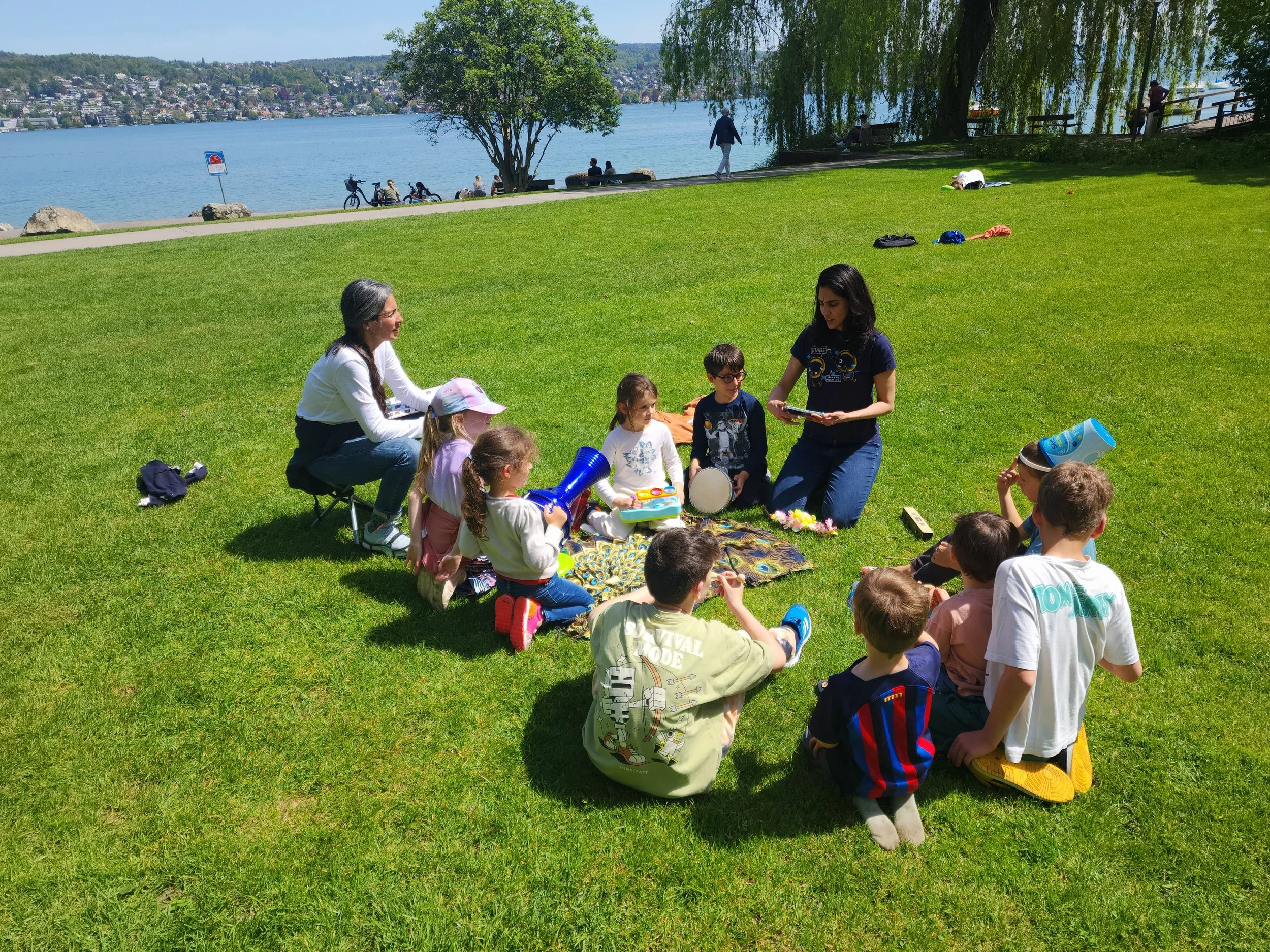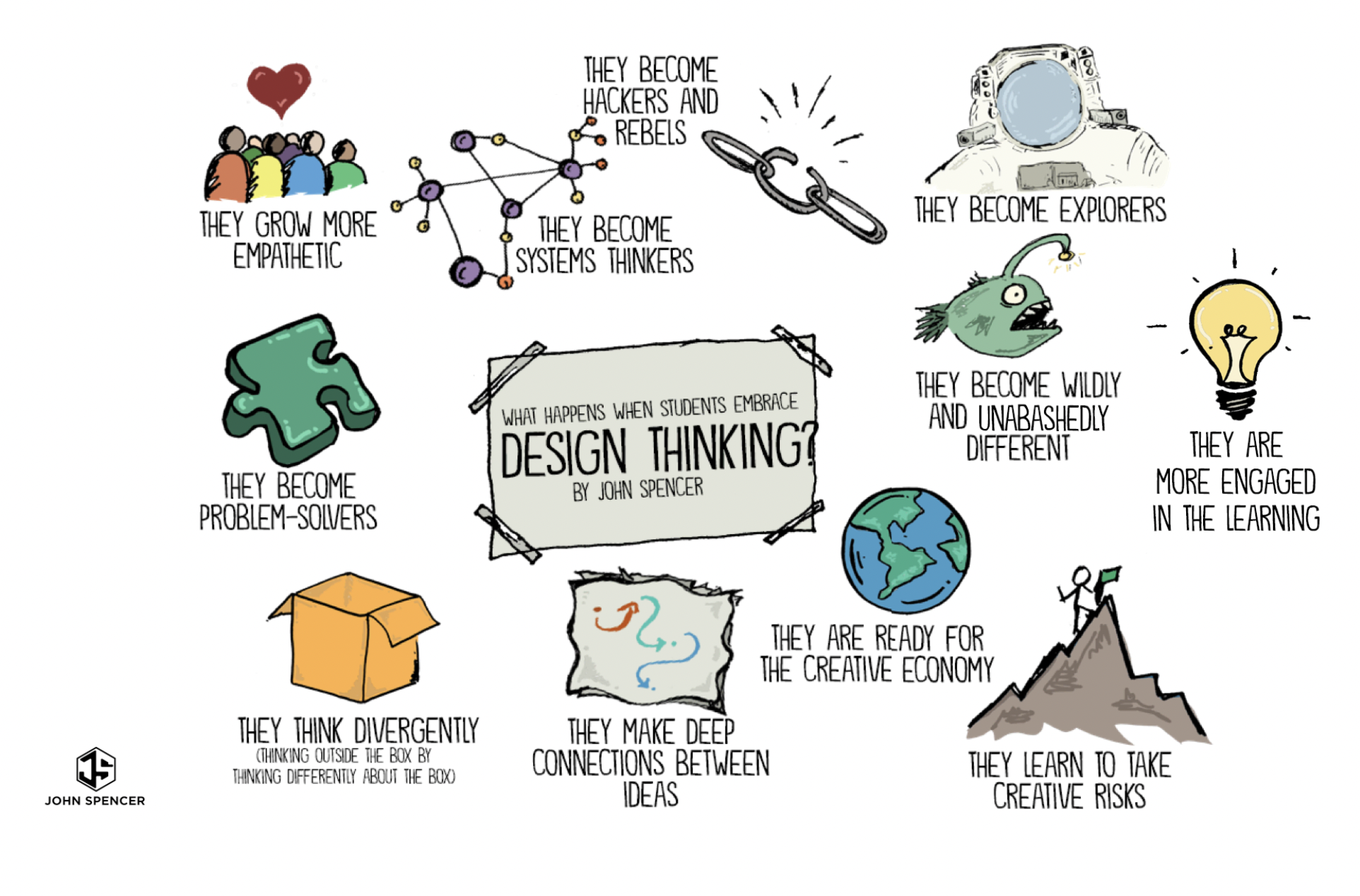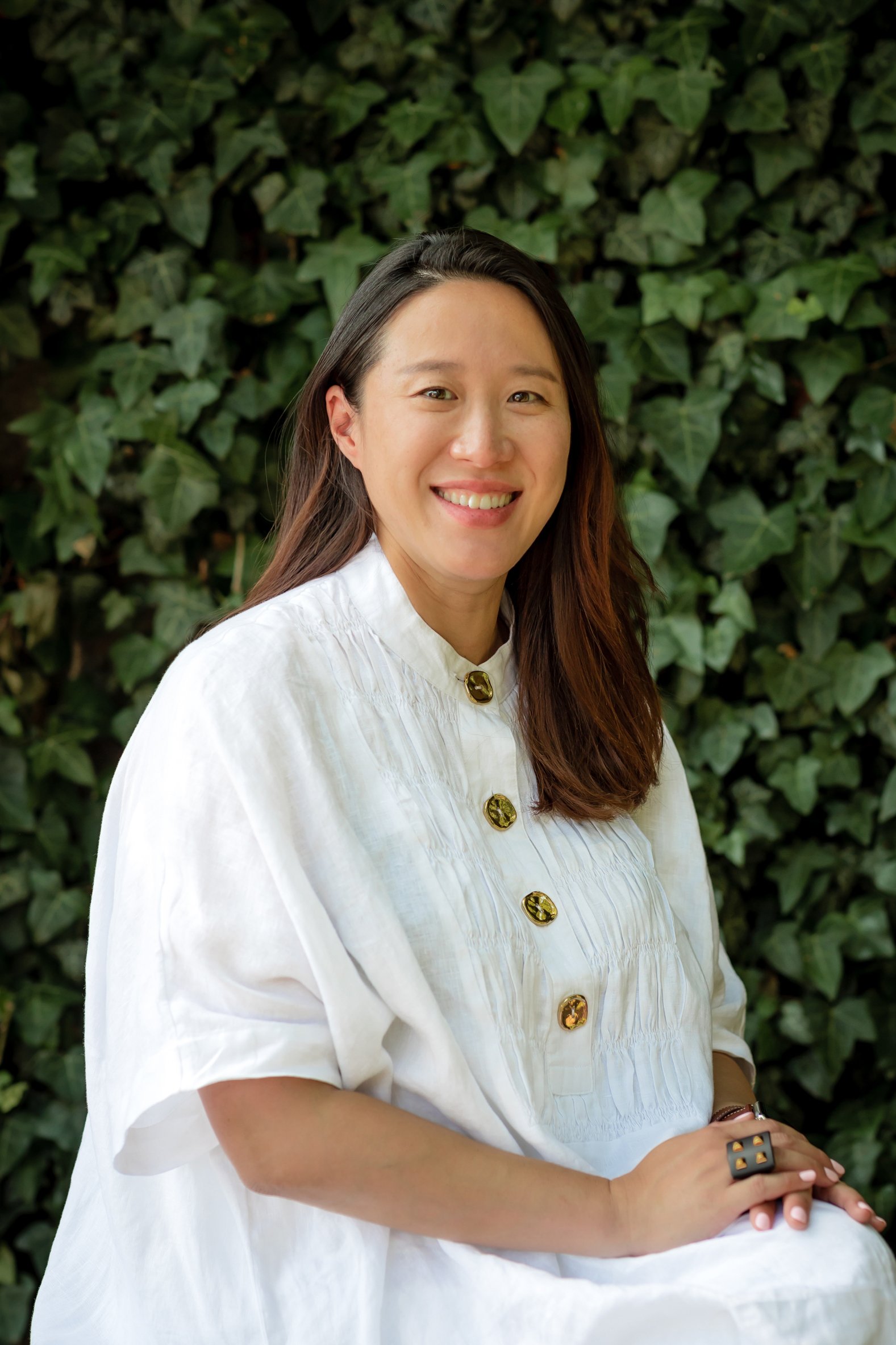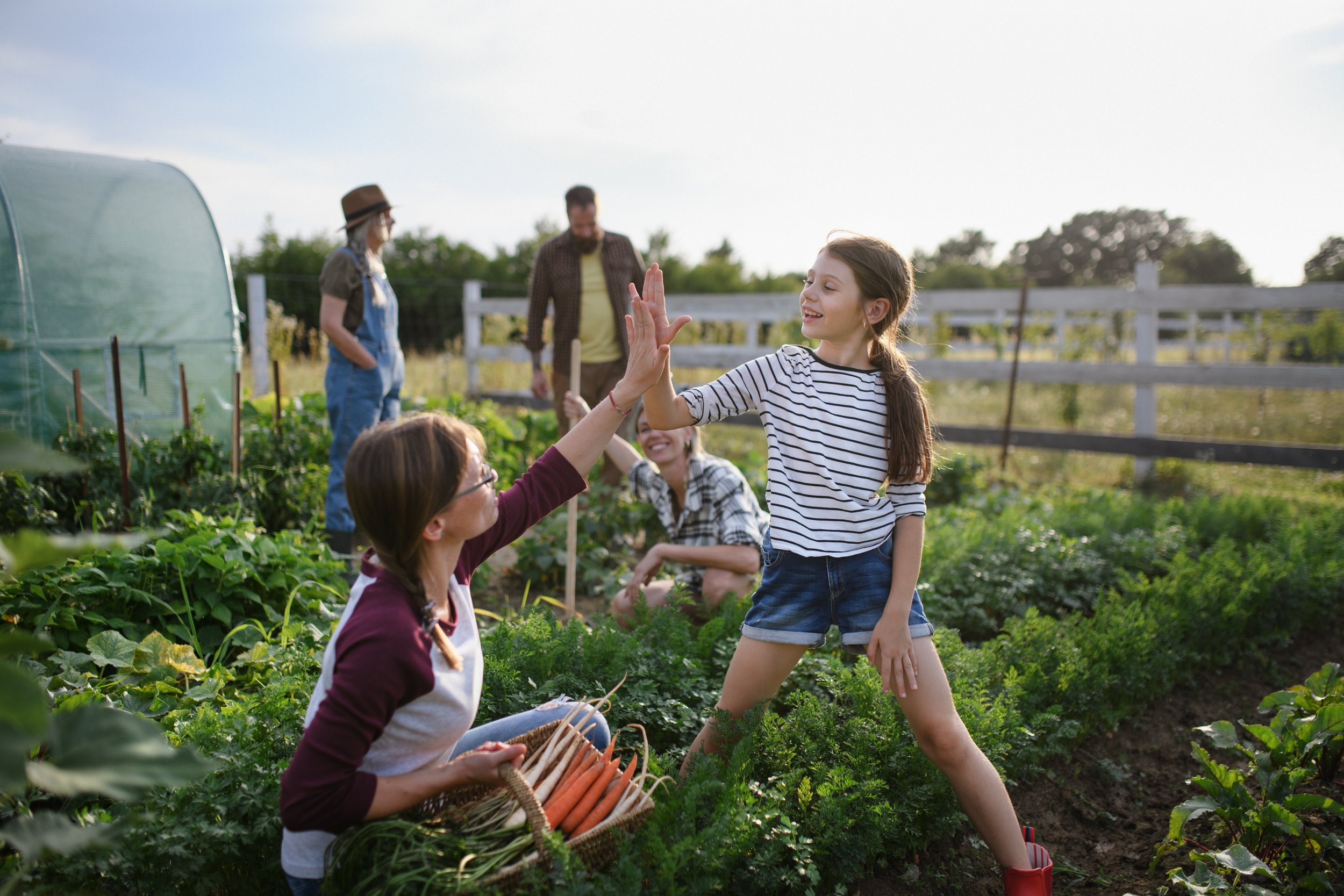Sustainability Mindset with
“Design Thinking”
Bringing problem-solving into the everyday
We want our children
To develop
Respect, Resilience, Empathy, Humbleness, Integrity, Curiosity, Open-Mindedness, Equality, and Responsibility
By being
Honest, Peaceful, Part of a Community, Trusing, Positive, Tolerant, Caring and Kind
It is important for us to provide our children a place to
Think about local surroundings and problems
Get exposed to diversity and inclusion topics
Interact with each other and develop social skills
Be systems thinkers by connecting dots between information
Have a designer/engineer mindset to solve problems and…
Have fun!!!
Follow our journey.
@steamedplayground
Why Sustainability?
The fundamental model of education the World has today has been around since the 19th Century, but the World has changed far more radically than education systems. As longer lists of subjects evolved, the world was able to specialise further and further, enabling a lot of the advancement seen in the last century. Unfortunately, it also gave rise to much of the problems of our planet. A loss of understanding the connectedness of everything. A loss of systems thinking. A loss of understanding the circular nature of the environment leading to the depletion of resources and amplification of pollution we see today. It led to valuing the accumulation of resources and money as wealth rather than nurturing, protecting, and prolonging resource usage. Values-based learning was forgotten.
Education for sustainability is about values-driven learning, understanding different perspectives, appreciating diversity and being inclusive; learning from the real world, and that the real world is not divided into neatly defined subject areas but is transdisciplinary; systems thinking to understand what each of us does has innumerable impacts; solution driven - building skills so students feel empowered to effect change; understanding one's local environment - being connected to the Earth and the place we hold within it. This is the education we need to give our children. This is Education for sustainability.
What is Design Thinking?
Design thinking refers to the set of cognitive, strategic and practical procedures used by designers in the process of designing, and to the body of knowledge that has been developed about how people reason when engaging with design problems.
Design thinking is also associated with prescriptions for the innovation of products and services within business and social contexts.
An iterative, non-linear process, design thinking includes activities such as context analysis, user testing, problem finding and framing, ideation and solution generating, creative thinking, sketching and drawing, prototyping, and evaluating. Source: Wikipedia
Why Design Thinking? & Why Early Age?
It is a perfect way and age to:
Build resilience
Expose them to different perspectives and values to be creative and empathetic
Maximize their potential to train the brain for EfS and Design Thinking
Maximize creativity
Learn through exploration
What happens when students embrace Design Thinking? (by John Spencer)
John Spencer stated these 10 benefits on his website:
They move from engaged to empowered.
They become problem-solvers.
They grow more empathetic.
They remain curious.
They learn how to work collaboratively.
They view themselves as makers.
They value the diversity of creative mindsets.
They learn the power of creative constraint.
They see the value of iterations.
They become creative risk-takers.
Meet the Team
Introducing our team who designed and leading the course this year for SMDT
-
Diya has been teaching science and working on curriculum development for over a decade in Switzerland, the USA and the UK. As a Curriculum Area Leader at her last school, and a Biology and Environmental Science teacher she noticed growing eco-anxiety amongst students, with few skills on how to step into the real world feeling empowered to effect change.
Prior to education Diya also worked as a research scientist, equity research analyst and in corporate and venture development - giving her a unique understanding of the importance of systems thinking, and a blend of eclectic skills to work on a variety of projects.
She now focuses on developing values-based, holistic and real-world “Education for Sustainability” opportunities for students of all ages.
A lifelong learner, Diya also has an MPhil in Biomedical Sciences from the University of Cambridge and a Masters in Arts of Teaching from Duke University.
-
Austina started STEAMED Playground when she realized that what she watched, read, and experienced at an early age shaped the ways she currently learns, plans, works, and makes decisions.
Before STEAMED Playground, she worked at different technology companies (Children’s Creativity Museum, Autodesk, Adobe, FrontRow … etc.) in Silicon Valley. As a designer and marketer, her focus was education, believing the proper education is the most important asset we can pass on to our children to ensure a better future. She has been heavily practicing Design Thinking throughout her career and participated in multiple projects implementing Design Thinking in the education market in various ways.
She is also a co-author of the book 교육을 가로막는 벽 (The wall that prevents real education), that had been published in South Korea.
-
Diana’s journey as a teacher started nearly 20 years ago in Brazil in early childhood education. Since then she has navigated through a diverse range of experiences, including teacher’s training, parental education and the development of learning communities in diversified cultural settings.
Since 2015 she has dedicated her work to researching, designing, and facilitating learning experiences and projects inspired by Nature.
Diana integrates Permaculture, Systems Thinking, and Participatory Leadership into her pedagogical approach in order to cultivate Care and Collaboration in Education and help learning communities develop the necessary skills, knowledge, and mindset that will bring us all to a sustainable and regenerative way of living, in harmony with all existence.
Our Current Programs
Contact Us
Hours
Monday–Friday
10am–6pm
Phone (Diya)
+41 78 639 57 72
*Please contact through this email and phone number only for Sustainability Mindset with “Design Thinking” matters.
For other STEAMED Playground matters, contact info@steamedplayground.com





















